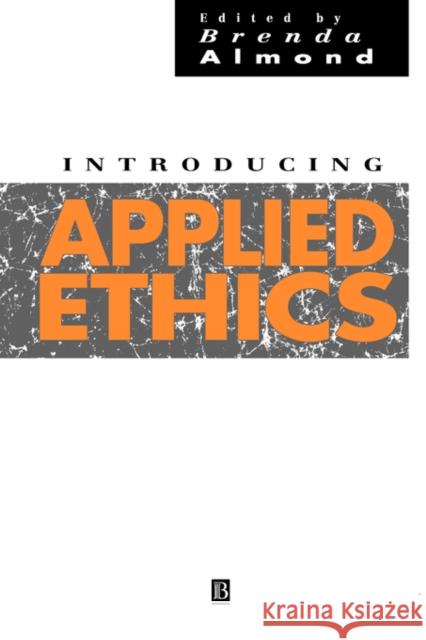Introducing Applied Ethics » książka
topmenu
Introducing Applied Ethics
ISBN-13: 9780631193913 / Angielski / Miękka / 1995 / 388 str.
This timely collection of introductory essays provides a comprehensive and up-to-date guide to, and survey of, the major moral debates of today.
- Wide coverage and introduction to the main issues and arguments of applied ethics
- Each chapter specially commissioned to introduce newcomers
- Comprehensive notes and reading guides











